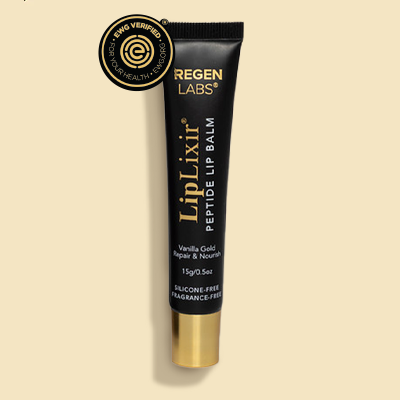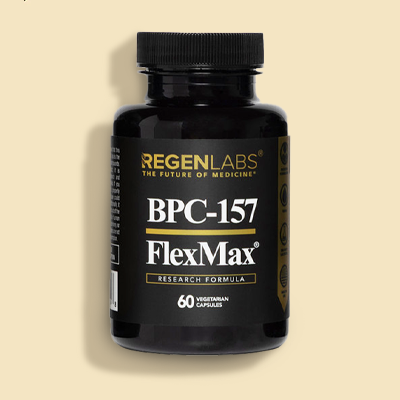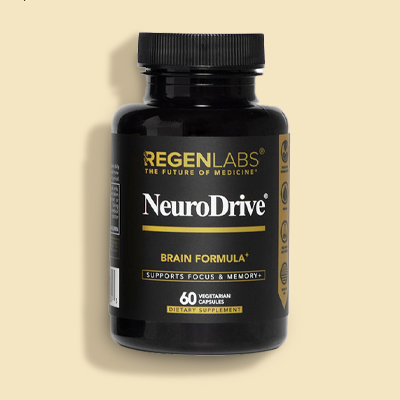![]()
Nootropic peptides are all the rage because they promise to improve cognitive performance beyond conventional healthy diets and exercise. These compounds can alter the chemistry and even the structure of the brain, enabling it to do more.
The appeal of nootropic supplements is particularly strong among young professionals looking to get ahead in their careers. Traders, writers, coders, and entrepreneurs can benefit from the effects of these simple compounds.
What Are Nootropic Peptides?
Nootropic peptides are brain-enhancing protein fragments believed to improve cognitive function. They are distinct from generic nootropics, which can include any compound demonstrated to improve mental performance (like rosemary).
These peptides work by changing neurotransmitter patterns in the brain, altering how they communicate information between neurons. Some adjust brain-derived neurotrophic factor (BDNF) which controls dopamine and serotonin while others boost acetylcholine, improving memory and learning.
Nootropics may also improve neuroprotection, making them appealing to older people. Some evidence suggests certain peptides can reduce inflammation and oxidative stress, leading to the growth of new nerve cells that enhance cognitive capacity.
The Benefits Of Nootropic Peptides
As the preceding discussion suggests, the benefits of nootropic peptides can be substantial. These “smart drugs” may have numerous positive cognitive effects.
Memory and learning
For example, some nootropics could have positive effects on memory and learning by helping the brain form new synaptic connections. Memories may become stronger and last longer – great for students, workers with knowledge-based jobs, and older adults.
Improved focus and attention
Nootropic peptides may also help with focus and attention – ideal for patients with attention disorders or anyone else who finds concentrating on specific tasks challenging.
Increased mental clarity
Reduction in brain fog may be another benefit. People taking nootropics may have enhanced problem-solving and decision-making skills because of processes like synaptogenesis (the formation of new synapses).
Brain recovery
Lastly, nootropic peptides may help the brain recover after trauma or injury. Adding these peptides could make other treatments more effective.
Top Nootropics And The Evidence Supporting Them
Supplements, like NeuroDrive, contain numerous nootropic compounds believed to aid in thinking and other cognitive tasks. Each element works synergistically to enhance benefits.
For example, rhodiola root extract (salidroside) may improve calmness. One study involving over 118 people found that 400 mg daily reduced symptoms of burnout, like stress.
Rhodiola can also help with mental fatigue and inadequate sleep – a common problem among people with high-flying careers. Studies show that taking around 400mg of root extract daily over eight weeks can boost mood, reduce tiredness, and increase concentration.
Depressive symptoms may also decline on rhodiola. A 2015 study found that people taking the root saw reduced symptoms compared to those using placebo alone.
Bacopa monnieri is another nootropic often found in leading supplements. Also called “brahmi,” it is part of Indian ayurveda and appears to boost brain function. Indeed, studies show that animals taking it have an improved ability to learn and retain memories. The herb improves their neuronal structures, giving them higher cognitive capacity following treatment.
These benefits appear transferable to humans. One study running over three months found taking 300 mg of bacopa monnieri daily improved visual information processing and learning rates compared to placebo.
Furthermore, there is evidence that bacopa may improve Attentive symptoms in children. Young people between 6 and 12 years old taking the compound saw reductions in restlessness, impulsivity and inattention on the trial.
Ferulic acid is another promising addition to many formulations. Recent science supports the idea that it has antidepressive-like action but without annoying side effects.
Then there is phosphatidylserine (sometimes abbreviated “PS”). This phospholipid is an essential component of brain chemistry and may improve cognitive function during aging. The compound is necessary for healthy nerve cell membranes and myelin, the tiny sheath-like structure that protects neurons. Evidence in people suggests that PS can absorb into the brain and slow or halt biochemical deterioration, allowing long-term peak performance to last longer.
Finally, some formulations, like NeuroDrive, stack the amino acid, L-tyrosine with other nootropics. Adding it to existing regimes can improve cognitive flexibility, according to some studies, assisting with cognitively demanding tasks.
Dosages
The standard rhodiola root extract dose is around 300 mg (or equivalent as standardized salidroside). For bacopa, recommendations vary from 300 to 450 mg daily, with higher doses in some cases. L-tyrosine dosages are in the 500 to 2,000 mg daily range, while phosphatidylserine is around 100 to 300 mg (by weight).
Using Nootropics To Boost Cognitive Function
In summary, nootropic peptides can boost cognitive function substantially and over the long-run. While they are helpful for students and workers in their careers, they may also be a boost for older people looking to stave off intellectual decline.











